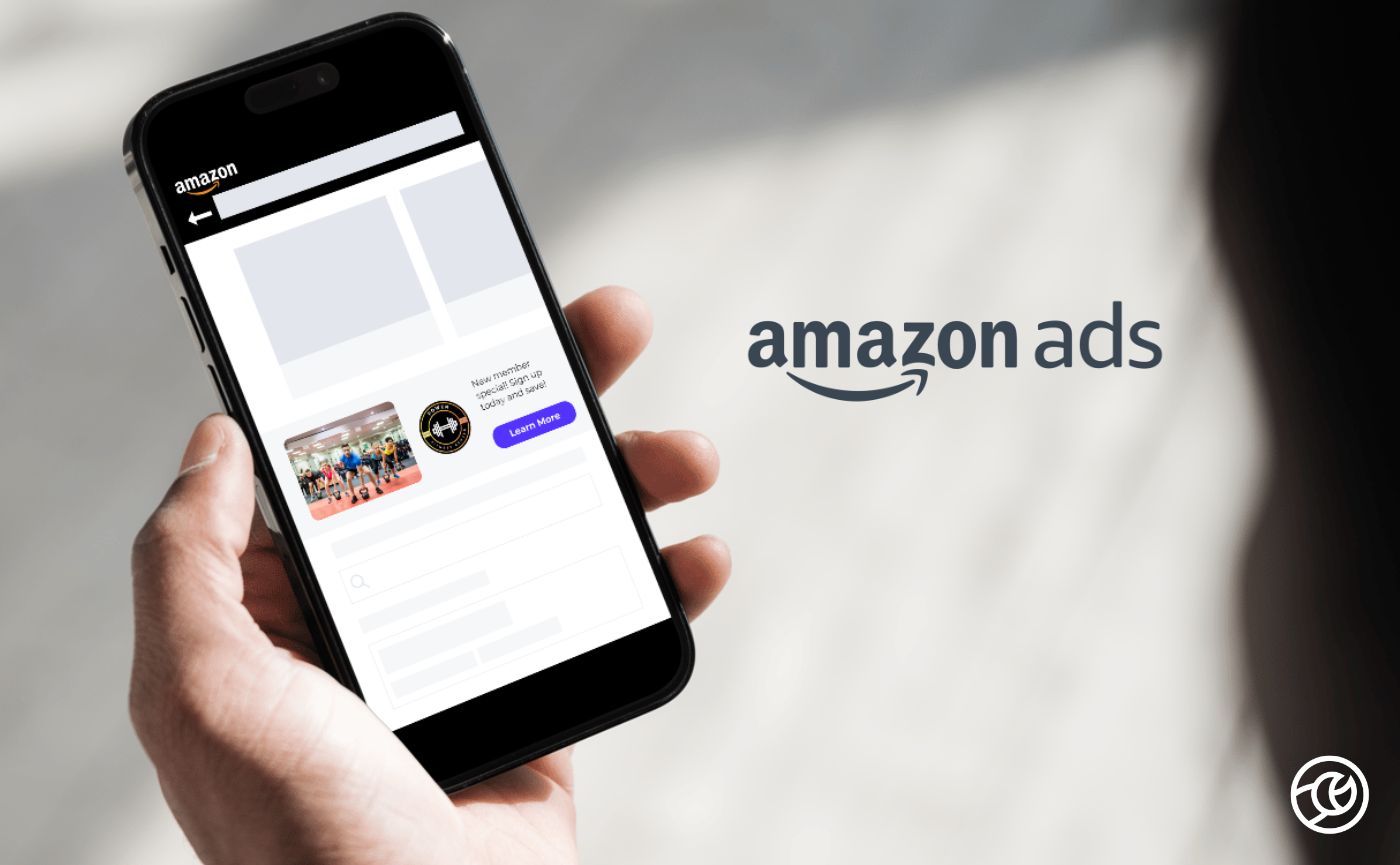iOS 14 – Impact on Facebook Advertising
This is the latest tug-of-war between consumer privacy and effective digital advertising. It pits Apple against Facebook, Google, and others. At stake for ad tech: ad revenue, results, and more relevant ads for consumers. At stake for users: privacy protection, the use of their data for marketing, and – the future of “free” software. Apple’s pending iOS 14 is a strong privacy-first stance, and a disruption to marketing as we know it. But what is the real impact for targeted digital advertising?
What is changing?
Apple’s new iOS 14 mandates user opt-in to allow tracking across apps and sites. This setting controls app access to the Identifier for Advertising (IDFA) on devices. It is already a staple for some privacy-first browsers, and many mobile OSs offer an opt-out model. Yet, this shift to an OS-wide opt-in model will likely disrupt app ad targeting and attribution.
Impacts on the the Facebook Ad Platform
Consumer Behavior Data
Facebook will be losing access to data that links user behavior across apps and websites. Without this data from outside Facebook properties, targeting effectiveness may decrease over time.
Ad Targeting
Because of these changes, Facebook ad targeting will be less precise. On iOS 14 devices, consumers’ ads may be less personalized, and businesses can expect a lower ad impact.
Attribution & Optimization
Not only do we lose visibility into who sees an ad, we also lose visibility into the behavioral impact of that ad. How many clicks resulted in installs or other conversions? Conversion attribution at some funnel stages will be difficult to track. This will make optimization more difficult for some objectives.
Specific Impacts for Facebook Advertisers
Remember, this is (currently) only expected to impact consumers on iOS 14. Apple is a dominant player in mobile devices in the U.S. with more than half (58.78%) of OS market share, but they are less dominant worldwide, with only about a quarter (24.82%) of OS market share. If there is a broader adoption of Apple’s opt-in approach, this could have a larger impact. So far, other players like Google are sticking with the standard opt-out model.
Facebook’s Audience Network
Facebook uses its Audience Network (FAN) to provide advertising placement on non-Facebook apps. These ads prove effective given that Facebook knows more about any one consumer than the app developer does. This gives an opportunity to target ads (and see attribution) with positive results.
The relevant changes to iOS 14 target app access to consumers’ IDFA, and now need an explicit opt-in to use. This creates an apple-shaped hole in Facebook’s data, reducing ad impact and tracking. Facebook expects a 50% decrease in ad revenue due to a reduced ability to personalize and target ads. They have warned this could lead to retiring FAN on iOS.
App Install Objectives
App installs rely on a signal from a consumer device installing a targeted app (or opening it). iOS 14 hinders this objective and will drive down attribution and targeting effectiveness. Facebook asks developers to use a new version of their SDK to support the new Apple SKAdNetwork API. Additionally, they also should create a dedicated ad account for iOS 14 campaigns.
Lower Immediate Impact (or None)
Advertisers using on Facebook’s first-party placements
Most of Facebook’s advertisers today use first-party placements (Facebook, Instagram, Messenger, Marketplace). These reach consumers on the Facebook platform in their app or in a browser. They enjoy full targeting, attribution, and optimization as before.
What’s Next?
Facebook has continued to invest in improving advertising and conversion signal resiliency. Some aren’t affected, like use of external conversion data, or server-side signals. Businesses share first-party business data with Facebook for attribution and optimization. Using these to create powerful audiences and campaigns remains very effective. Expect continued innovation in this space from ad platforms and partners.
At the same time, broader governmental regulations are looming, following GDPR and CCPA. These look to take a stance on consumer privacy and the use or sale of this data for advertising (or other means). Similar laws are being considered (or implemented) in US states and in other countries.
Discover how Tiger Pistol can power your local advertising success.
Related Posts
How Brick and Mortar Businesses Can Leverage Amazon Sponsored Display Ads
Local business owners face the constant challenge of attracting foot traffic and driving website visits while juggling the daily demands of running their stores. Amazon Sponsored Display Ads offer a straightforward yet powerful solution to address this need. Now accessible to a broad range of small and medium-sized businesses, these ads provide new opportunitie
How Franchises Can Keep Local Authenticity as Meta Automation Expands
AI can scale creative without erasing what makes each location human. When Meta promised advertisers “cheaper results” through full automation, the announcement sounded like progress. But by the time marketers read the fine print in eMarketer’s October 2025 report, optimism had turned uneasy. Automation was delivering lower costs while also stripping away
Scaling Local Impact: How Brands Can Leverage Independent Dealers, Distributors, or Retailers for Effective Digital Advertising
Working with independent retailers presents challenges in maintaining brand control while achieving local relevance. Each local business partner is unique, with varying levels of marketing expertise and advertising needs. A top-tier local advertising platform simplifies this by enabling brands to publish hyperlocalized campaigns directly from their partnersR
Why the Answer to the Frankenstack is NOT Consolidation, but Integration
Recently, I came across a piece of clickbait that read, “20 Things Chefs Say to Watch Out for When Dining Out.” Since I eat out a fair amount, I clicked it. Among the list was this recommendation, “The bigger the menu, the more likely most of it is frozen food.” Living in New York City, […]





